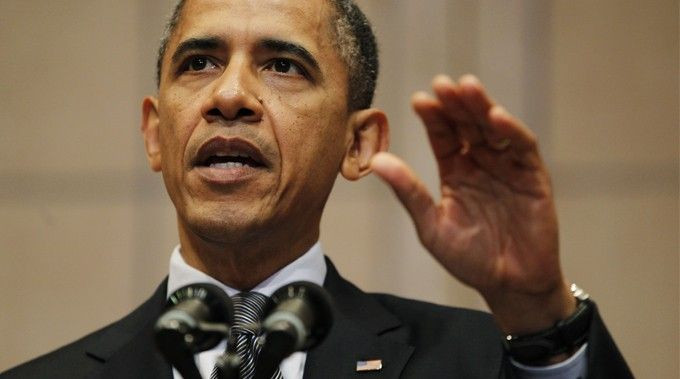
Trade tensions with China are coming from all sides. Yesterday, we reported the severe challenges faced by Japanese automakers due to territorial conflicts over the Senkaku islands. At the same time, the U.S. government has also launched a trade case that directs its efforts to ending Chinese subsidies of its automotive industry, which stands to threaten the livelihood of the American auto industry.
According to Autonews, the United States claims that the Chinese government has subsidized its automotive export industry in ways that violate World Trade Organization regulation. What's more, a separate case is launched against Chinese export duties from U.S. to China.
According to a statement from U.S. Trade Representative Ron Kirk, "Export subsidies are prohibited under WTO rules because they are unfair and severely distort international trade. China expressly agreed to eliminate all export subsidies when it joined the WTO in 2001."
Got something to share about the auto-trade case filings? Contact us at the "tips" email below
Responding to the pressures from the United States, China filed a complaint with the WTO as well, claiming new U.S. laws are unjustly combating China's subsidies.
Not only are the lawsuits bold, but its timing is also a factor that draws controversy -- President Obama might be looking for ways to get ahead in the upcoming elections and as he readies his campaign in Ohio, a heavy auto-industry state, the WTO action against China can serve Obama well.
In fact, according to NewsDaily, China even claimed that it has become a victim of America's electoral politics. From the China ministry website, a commerce official stated, "In the midst of an election race, the United States chose to announce this news in Ohio, an automobile production area, showing that the U.S. took this step against China out of considerations of electoral politics. We express our opposition to this."
Ohio's auto industry accounts for more than 50,000 jobs and China's undervaluation of its yuan has caused the price of Chinese products to undercut U.S. products.
For now, the WTO cases are in a stalemate phase as China's counter-claim triggered a 60-day window for the United States and China to talk things out.
Stay tuned as the WTO claims develop.
[Source: AutoNews, NewsDaily]




